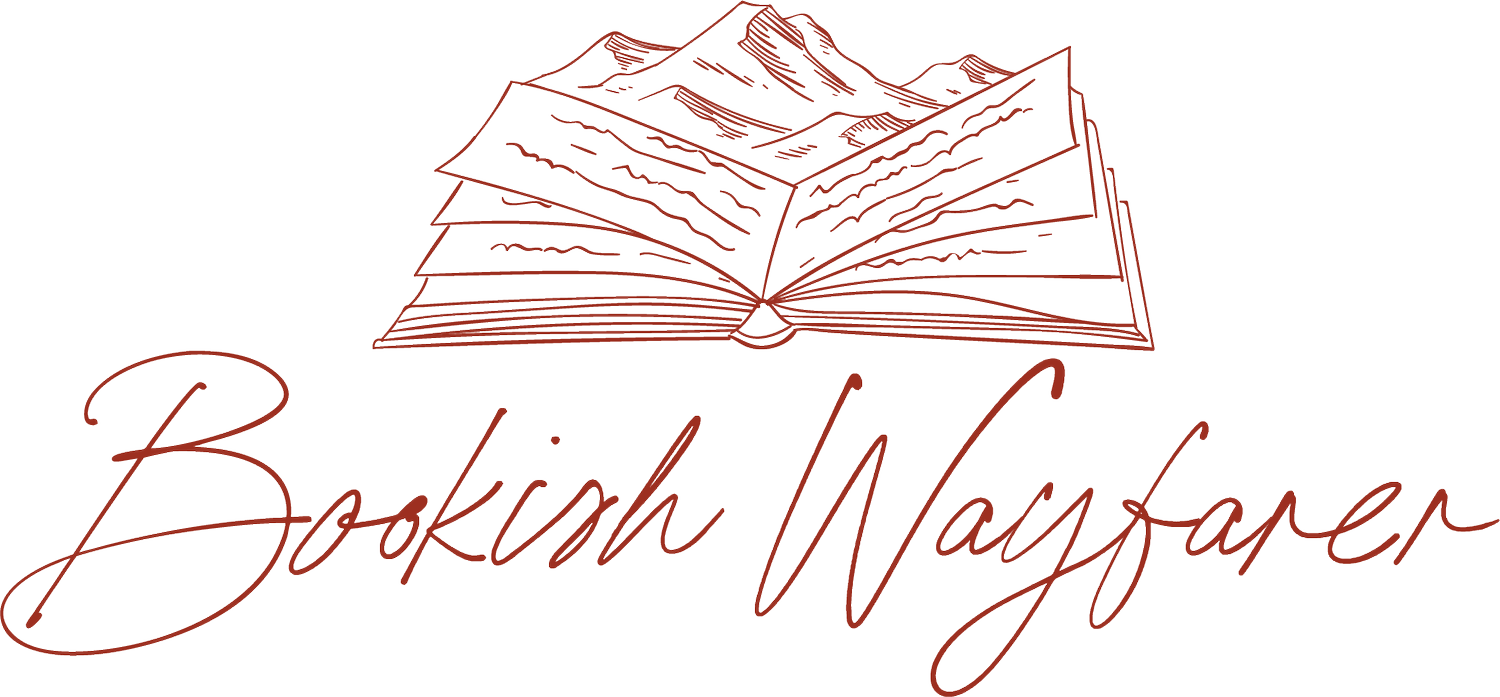Review: Maid by Stephanie Land
“Years ago, when I thought about my future, poverty seemed inconceivable, so far away from my reality. I never thought I would end up here. But now, after one kid and a breakup, I was smack in the middle of a reality that I didn’t know how to get out of.”
Some links in this post are affiliate links, meaning I will earn a commission (at no extra cost to you) if you click through and make a purchase. For more info, please see my disclaimer.
The Basics
Title: Maid
Author: Stephanie Land
Published: 2019
Publisher: Hachette Books
Pages: 268
Format: Paperback
Genres: Nonfiction — Memoir
Book Synopsis
Maid is Stephanie Land’s memoir that details her experience as a single mother living in poverty. The book begins with her preparing to leave a homeless shelter for transitional housing, and it then follows her as she fights to lift both herself and her daughter, Mia, out of poverty through work as a maid and pursuit of a college degree. Maid highlights the daily discrimination, as well as the tremendous stress and uncertainty, that Land faced as a member of the working poor. The book also shines a spotlight on the inadequacy of America’s social welfare programs and their need for reform.
My Review & Overall Thoughts
Maid is a powerful, harrowing account of a single mother’s battle to overcome poverty. It provides a firsthand glance into the daily struggle associated with life at the poverty line – the relentless stress, sheer exhaustion, constant sense of precariousness, and blind prejudice of others. Land shows that in her world of living paycheck to paycheck, things that the majority of us take for granted, such as grabbing takeout or serving food to visitors, are largely impossible.
Through her descriptions of her daily life, she shatters the unfortunately widely held stereotype that poverty equates to laziness. Land is about as far from lazy as a person could be. From her job as a maid that was not only physically but mentally exhausting to raising her daughter single-handedly to completing online college classes to meeting with caseworkers to keep her government assistance, she worked harder than the vast majority of us. The lengths to which she had to go in order to survive also highlight the shortcomings of America’s assistance programs for those living in poverty.
One of the most interesting aspects of the book is Land’s reflection on her time spent working as a maid in upper-middle-class homes. Her experience illustrates the contradictory nature of a client-maid relationship: intimate yet distant. By cleaning these people’s homes, she was able to glean a substantial amount of information about each of them, including such personal details as marital rifts and less-than-savory habits. At the same time, however, her clients typically kept her at arm’s length, preferring to never meet her. She was unknown to them, yet she knew more about them than their closest friends.
Land masterfully conveys not only this sense of isolation that she felt as a maid but also her entire emotional experience of living in poverty through her first-person narrative. As the reader, you experience everything through her eyes, which, in addition to making the emotions feel rawer, creates an engaging reading experience. You see events unfold in real-time and are just as in the dark and uncertain of what will happen as Land would have been.
The Not-So-Good
Some scenes could have been made more concise, but by and large, the majority were not overly long.
Overall
Maid should be required reading. If everyone read Land’s memoir, perhaps the American public would at last have empathy rather than disdain for those living in poverty. Instead of making cuts to government assistance programs, we would be building them up so that no one would ever have to endure the hardships and heartbreak faced by Land.
Have you read Maid? What did you think of it?
-Julia
P.S. If you enjoyed this post, please consider supporting me on Buy Me a Coffee.



